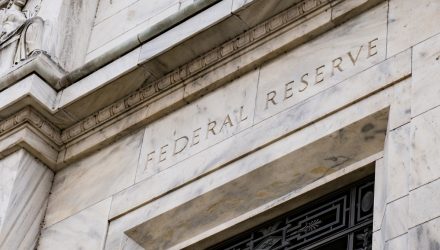U.S. stocks extended their tear on Monday, which is somewhat inspired by Federal Reserve Chairman Jerome Powell’s intimation that the central bank was open to relaxing its monetary policy to save the economy.
“The market wanted to hear from Powell. When Powell says ‘we are watching the market’ — whether it’s right or wrong — the market starts believing in a Powell put,” said Keith Lerner, chief market strategist at SunTrust Private Wealth. He also noted “sentiment became extremely negative on a short-term basis.”
However, not all analysts are so certain that the Fed is likely to cut rates this year. In fact, one major bank, Goldman Sachs actually sees the opposite happening.
“Although it is a close call, we still expect the FOMC to keep the funds rate unchanged in the remainder of the year,” Jan Hatzius, the bank’s chief economist, said in a note on Monday. “In our view, this was not a strong hint of an upcoming cut but was simply meant to provide reassurance that the FOMC is well aware of the risks from the trade war.”
“A speech from the Chair focused exclusively on longer-term issues at a time of sharply increased worries about trade policy might otherwise have come across as ‘out of touch’ to some market participants,” he added.
Hatzius admonishes investors not to get too caught up in the announcements, and has concerns that they might interpret announcements by the Fed as having an overly aggressive message with regard to cutting rates.
“We expect Fed officials to be very careful not to deliver an unconditional hawkish message, but to continue emphasizing that they will respond to shocks as needed to attain their mandate,” Hatzius said.
Goldman isn’t the only bank offering this sentiment. Economists Nathan Sheets, chief economist at asset manager PGIM Fixed Income, also warns investors not put too much stock into this fairy tale.
“The Fed can mitigate some of the adverse effects, but I’m not sure the Fed is inclined to move fast enough or significantly enough to entirely offset the effects of this trade war. I think ultimately the solution or resolution of this has to come at the negotiating table between President (Donald) Trump and President Xi (Jinping), and between the United States and Mexico,” said Sheets.
“The Fed will do its best given where the economy is, but it would take a dramatic easing of monetary policy for them to fully offset these kinds of effects,” Sheets added.
For more fixed income plays, visit our Fixed Income Channel.

